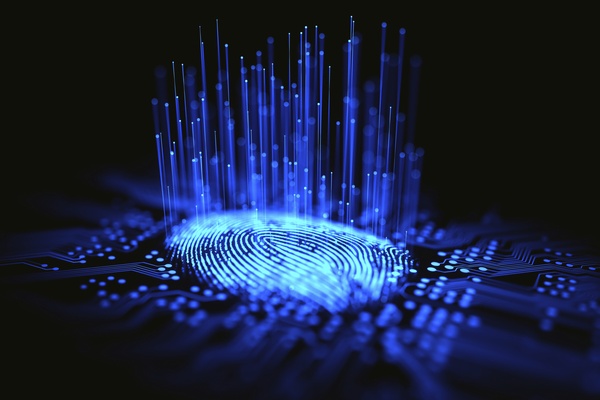The knee-jerk opposition from libertarian leaning types such as Toby Young and others to the calls for firmer action by Twitter against abusive trolls reveals quite how confused some libertarians are about their own ideology.
Libertarianism, if it is anything, is the belief that society is better governed by a plethora of voluntary agreements given force by mutual benefit rather than law given force by the coercive power of the state.
If Twitter's management decide that all its users should now abide by certain stricter standards through the use of a 'report abuse' button then that is a change to the voluntary agreement between Twitter and its users. If a Twitter user does not like that change then they can stop using Twitter.
One may regret that Twitter's decision will make the site a less interesting place (although I think that view is probably wrong as well) but that decision cannot be compared, as Toby Young does, to state denial of free speech. The difference is absolutely fundamental: even if Twitter or any other website stops me saying what I want to say, I am still free to say it elsewhere or set up a new site that let's me say it. The state on the other hand does its best to stop me saying what it doesn't like everywhere and may ultimately prosecute or persecute me, my family and my friends to achieve that.
In fact, it may actually be more consistent for a libertarian to heartily welcome the Twitter move. It is a sign that mutual arrangements can work their way to strong standards of decent conduct without the need for state coercion. Young may fear that the 'report abuse' button will "domesticate the wild west" but this is precisely what libertarians claim can be achieved through the power of voluntary agreement.
Follow Adam Lent at @adamjlent
Related articles
-
Why don’t politicians trust us with our data?
Asheem Singh
Director of Economy Asheem Singh on why the RSA, ODI and Luminate have launched a campaign empower people to take back control of their data.
-
Is it time the password had a makeover?
Craymer
Security expert Jonathan Craymer FRSA is testing a new and potentially revolutionary form of authentication for our personal devices.
-
Londoners are unknowingly having their physical data collected. Here’s why that’s a problem
Will Grimond
Location tracking and facial recognition are altering the boundaries between public and private.



Be the first to write a comment
Comments
Please login to post a comment or reply
Don't have an account? Click here to register.